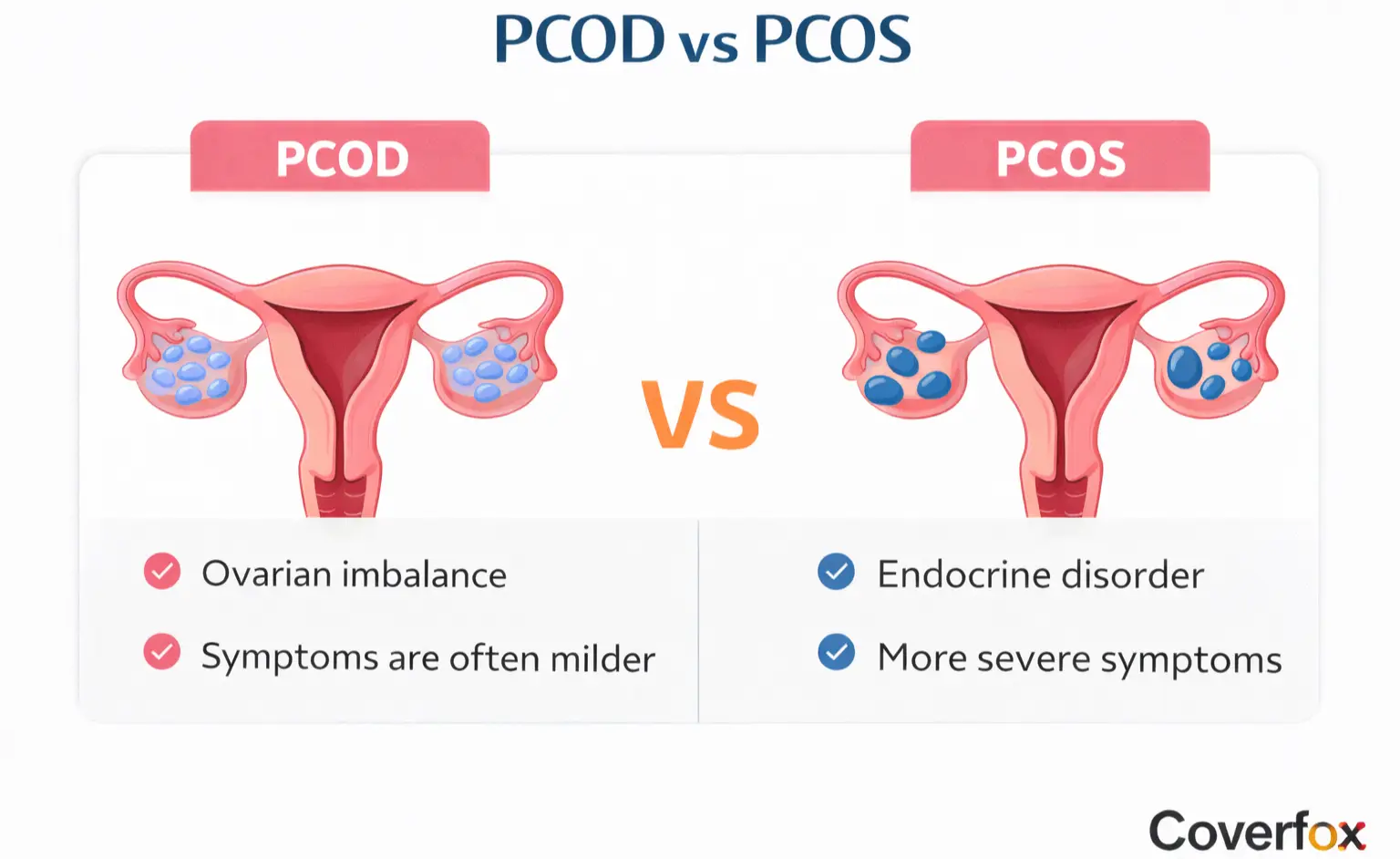Understanding the insurance terms can be quite wearisome. However, ignorance towards them could land you in greater risks. Deductible is one such portion of your health insurance policy that has larger influence on your claim settlement.

Health insurance is a technical product and the various terms connected with it makes it further complex. We keep scratching our heads to comprehend the meaning and the corresponding implication of a technical term so that we do not feel cheated when the claim arises in our health insurance plans. One such term is a ‘Deductible’ which though found in some of the health plans; escape our attention and also our understanding when it comes to its interpretation. So, should you be worried? Of course, not! Armed with appropriate awareness, its implications can be cracked down easily.
What is a deductible in insurance?
A deductible is a limit set by the insurance company which depicts the part of the claim that the insured has to foot himself before the insurance company bears the rest. The amount of the deductible will have to be borne by the insured whenever a claim arises and any excess claim will then be met by the insurer. Let’s illustrate this with an example:
Sum Assured under your plan – Rs.5 lakhs
Deductible Amount – Rs.1 lakh
• Claim (Case 1) – Rs.75, 000.
Payment – Nil, because the claim is within the deductible limit of Rs.1 lakhs and so you will have to pay the bills
• Claim (Case 2) – Rs.1.5 lakhs
Payment – you will pay Rs.1 lakhs and the company will pay the balance of Rs.50, 000 as it exceeds the deductible limit.
Purpose of Deductible in Health Insurance
A deductible is a safety measure instigated by the health insurance company to guard it against frequent and trivial claims. If you know that when you raise a claim, the deductible portion will come out of your pocket, you are less likely to make smaller claims and will avoid hospitalization. Therefore, it will decrease the incidence of claims on the insurer and also the associated administrative costs.
Types of Deductibles in Insurance
A deductible might be inherent in the plan which is called a compulsory deductible. Since it’s the part of the plan, you have to bear the deductible limits without any choice.
On the contrary, there is also a voluntary deductible option which is a limit you choose to set in the plan. It might be over and above the compulsory limit mentioned in the plan. This type of deductible depends on your choice and can be changed on any renewal.
Advantages of Deductible in Health Insurance
Though they might look like a burden, deductibles have their benefits:
• They help in lowering the premium in the plan. If you choose a voluntary deductible, you will earn premium discounts.
• The deductible clause might discourage you to raise smaller claims knowing that you will have to foot the bills yourself. This in turn makes you eligible to earn a No Claim Bonus and also increases the cumulative bonus if you have not raised a claim in the last few years. The bonus goes towards increasing the coverage amount at the same rate of premium.
Deductible in Health Insurance
• A compulsory deductible forces you to pay for the medical bills even if you do not have the required resources because your health plan will not come to your rescue till the deductible limit is met.
• A high deductible limit might eat into your savings in cases of frequent medical emergencies.
Now that you know the subject well, be aware what your policy is asking for. If it is a compulsory deductible, you will have no choice. But, if you are voluntarily opting for a deductible, be sure of the limit because you will be the one paying that amount in case of claim. If the premium discounts outweigh the burden of claim, go for a voluntary deductible option but only after considering your finances.
Recommended Link: Tips to Compare Health Insurance Plans





.webp)
 in Insurance.webp)